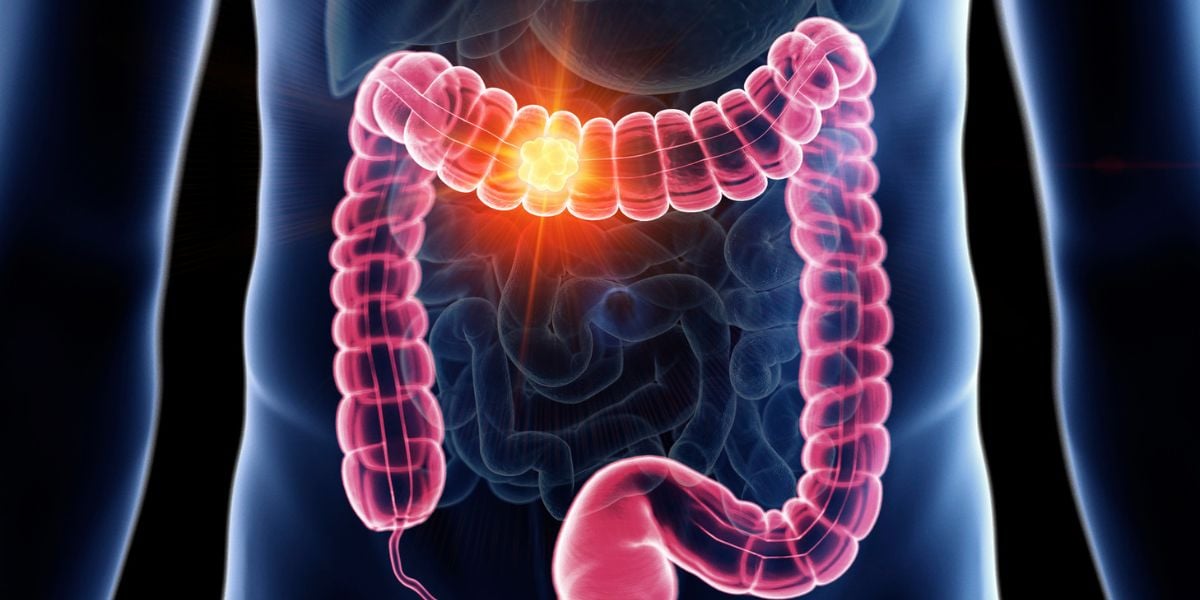
Suppose you've recently been diagnosed with ulcerative colitis (UC). In that case, you understand how difficult it can be to distinguish symptoms of this gastrointestinal disease from other aches and pains in your body. Is your stomach ache the result of an unsatisfactory meal or of inflammation in your colon? Is your inflammatory bowel disease or your monthly cycle causing the cramps? Let's take a closer look at how to relieve pain and get back to doing what you love.
1. Pain Meds
Acetaminophen, such as Tylenol, is generally safe to use in cases of mild pain. Acetaminophen alleviates pain by increasing your body's overall pain threshold. You will almost certainly be advised to avoid nonsteroidal anti-inflammatory drugs (NSAIDs), such as ibuprofen, which may aggravate your symptoms.
2. Anti-Diarrhea Medications
Inflammation in the colon can cause diarrhea, causing the colon to empty itself frequently. Loperamide may be prescribed as an over-the-counter medication to treat your diarrhea. It works by restoring your digestive system's overactive pace to normal. Imodium is a common over-the-counter medication, but just because it's widely available without a prescription doesn't mean you should ignore your doctor's advice.
3. Antispasmodics
Muscle spasms and cramps are treated with antispasmodic medications. They can also help with pain relief by decreasing the intensity of your gut contractions as food passes through your intestine. Peppermint oil is an antispasmodic that can be found at your local pharmacy.
4. Corticosteroids
If your pain becomes unbearable, don't be surprised if your doctor prescribes a course of corticosteroids to get things under control quickly. Steroids can be extremely helpful in lowering pain by reducing inflammation through multiple pathways. However, steroids should only be used for short-term relief because the long-term side effects of these medications can be severe.
5. Aminosalicylates (5-ASA)
This class of medication is used to treat inflammation in the digestive tract lining. 5-ASA medications are well-tolerated and safe for people who have UC. Sulfasalazine, mesalamine, and olsalazine are examples of these medications.
6. Immunomodulators
Immunomodulators are a type of medication that alters the activity of the immune system, reducing ongoing inflammation in the digestive tract. These are not new drugs, with some dating back 70 years for other purposes such as cancer and arthritis treatment.
7. Biologics/Biosimilars
Unlike other medications, biologics are made from living compounds rather than chemicals. Biologics are antibodies that target specific proteins in the body that cause inflammation. Biological medications approved to treat UC include adalimumab, golimumab, infliximab, ustekinumab, and vedolizumab.
8. Janus Kinase (JAK) Inhibitors/Targeted Synthetic Small Molecules
Janus kinase (JAK) inhibitors are one of the newest classes of drugs available for UC treatment, and they are doing well. In a 2021 study published in the Journal of Crohn's and Colitis, a higher proportion of patients reported no bowel urgency and less abdominal pain when given a JAK inhibitor versus a placebo, with improvements seen as early as two weeks. JAK inhibitors work by interfering with inflammation-related signaling.
9. Diet
Janus kinase (JAK) inhibitors are one of the newest classes of drugs available for UC treatment, and they are doing well. In a 2021 study published in the Journal of Crohn's and Colitis, a higher proportion of patients reported no bowel urgency and less abdominal pain when given a JAK inhibitor versus a placebo, with improvements seen as early as two weeks. JAK inhibitors work by interfering with inflammation-related signaling.
10. Surgery
Given the complexity of ulcerative colitis, different treatments for UC pain may be required over time. Surgery may be recommended if more conservative approaches have failed to relieve your pain, or if your medication has stopped working and your pain has returned. A proctocolectomy with ileal pouch-anal anastomosis is the most common surgery for UC. Your colon and rectum will be removed, and the end of your small intestine will be used to form an internal pouch shaped like a J.

 Log in with Facebook
Log in with Facebook 






